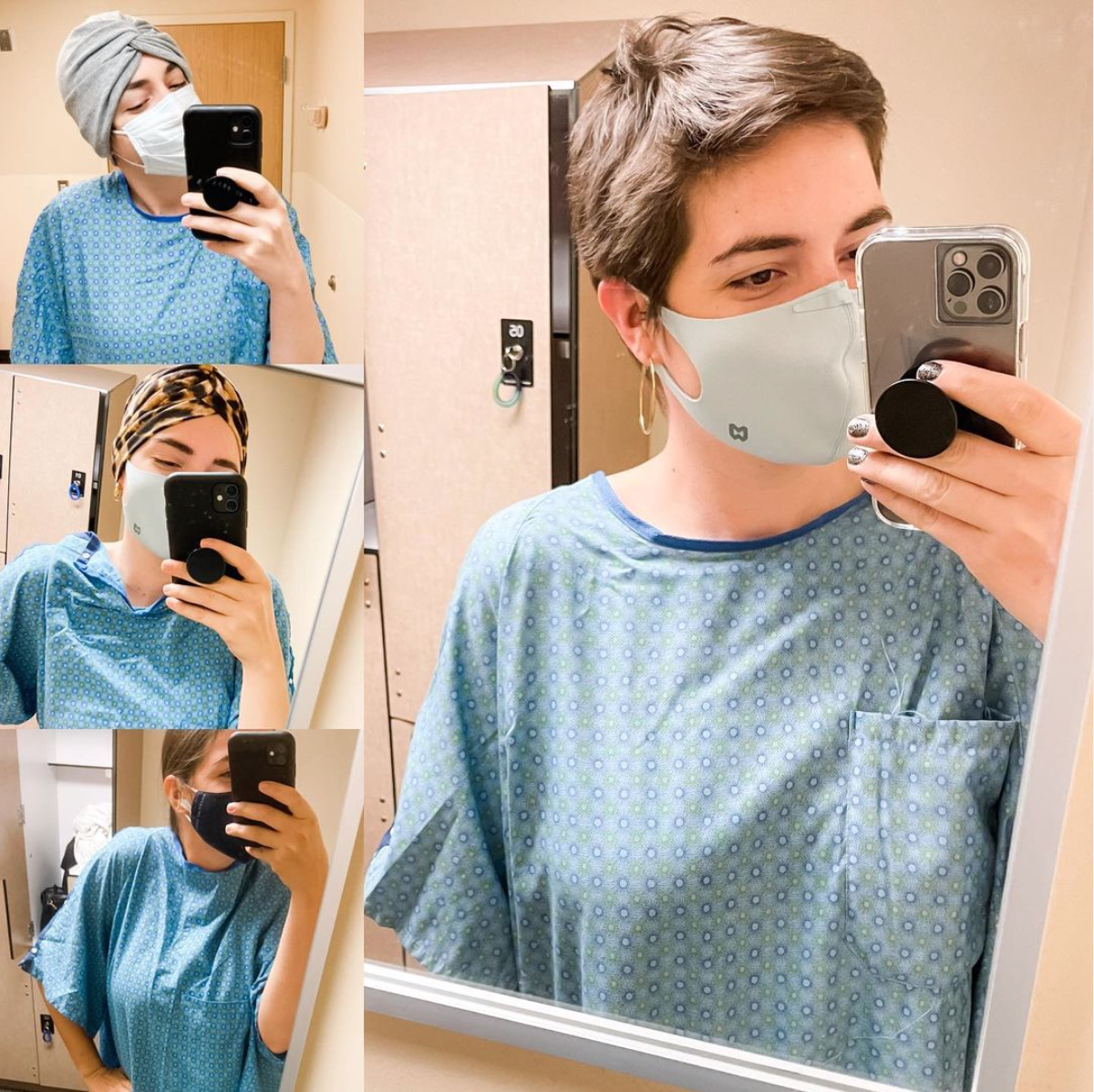Somehow, our bodies know. The weather changes, or we pass a familiar date, and the symptoms come rushing back… We might not consciously realize that we’re nearing an anniversary, but our body and subconscious mind remember. We may feel an increase in anxiety, depression, or physical symptoms. This “anniversary effect” is well documented in PTSD cases, but it’s also present in physical illnesses. It can be especially pronounced in cancer survivors; the cancer journey tends to have more significant anniversaries than the slow build of other chronic illnesses, and the sudden shift from feeling healthy to having to face your mortality can leave deep emotional trauma. Anniversaries of diagnosis, surgeries, treatments, hair loss, and other physical changes all leave their mark. And looming behind all of this is the fear that it could come back.
It is therefore so important that cancer survivors feel supported for years after treatment has ended. Many patients experience an increase in mental health challenges after treatment because the outpouring of support they received during the process tapers off once it’s no longer “needed,” when in reality their journey is far from over.
Let’s make an effort in the coming days to reach out to all of the survivors in our lives. Remind them they are loved and not alone. Normalize the stress they feel at each milestone. Let them know it’s ok to still feel scared, to struggle with anniversaries, and to ask for help.
If you’re not sure how to reach out, here are some tips:
A quick text or a long chat?
There’s no “right” way to show someone you care. Think about your own capacity (are you up for a long, heavy conversation?) and their personality (if they would be comfortable getting vulnerable with you or if they might prefer hearing from you in a way that gives them space). You could send a short text message, something like: “Hey! Was just thinking of you on Cancer Survivors’ Day. I love you and if you ever want to talk about it, I’m here.” You could also schedule a longer hang out, maybe a walk or a lunch date, and bring it up in conversation: “I was thinking about your cancer experience the other day and wondering if you still struggle with it at times. Do you ever wish you had more support now?” This allows them to open up and share how things are going, but also leaves them an out (“no, I’m doing fine, thanks!”) if they’re not wanting to talk about it. As always, if you’re not sure what they’d prefer, you can always ask! Try “Thinking of you… what is something you are needing right now? Would a chat or walk feel good?”
You may want to avoid bringing up the topic when other people are around or if they’re not in a good space to be vulnerable. Otherwise, whatever way you choose to reach out will bring them warmth.
Ask when and how to support
However you broach the conversation, if they do express that they still struggle with their cancer past, ask how you can best support them. There are many ways — researching cancer survivor support groups and counselors, being someone they can call without shame if they’re suddenly feeling anxious, etc. — and they are the expert on what would feel best. Ask if they’ve experienced any anniversary effect. If they have, find out when those anniversaries are and how you can support them during those times. It may be as simple as putting a note in your calendar to send a “thinking of you” card every year.
Check-in with their circle
Remember that cancer affects more than just the person undergoing treatment. Close family members may also experience some anxiety for years to come, left over from the trauma of witnessing treatments or the fear of losing a loved one. Families may also have a difficult time coping with how the anniversary effect plays out. For example, the survivor may suddenly feel the need to get a slew of testing done to verify that there’s nothing there or they may dip into a depression. These responses can be challenging to be around, and often create conflict with those who love them the most. It may be worth asking “how is your partner doing with all of this?” or reaching out directly to family members to check-in. Similarly, if you are sending a care package to a cancer survivor friend, throw something in for their loved ones too. This way, they all feel loved and cared for, in a subtle way that doesn’t put pressure on anyone.
Finally, know that trauma is different for everyone. Some people may not be open to talking about this at all, and that’s okay too. Just letting them know you care will make them feel supported. Just like there is no wrong way to tell someone you love them, there is no right or wrong way to live with trauma. Give people space to grieve and feel however they need to.
Want more tips for supporting cancer patients, during treatment and for the years to follow? Check out our 5 Ways to Support Someone You Love With Cancer.

